Mr. Tucket

Homecoming
S o you came home to see your old grandma, did you?
Yes.
And now you are grown.
Yes.
And in the army. She said it aaarmiie, in a teasing way.
Yes. I
And you are a man.
I think so. Maybe
She stopped speaking for a moment then and smiled and clicked her false teeth and put a sugar lump to her coffee, held it until it had soaked through, then put it under her tongue and sucked on it while she studied him in silence.
He looked around the small house where she lived with another old woman, named Florence. The family had hired Florence, who was in her seventies, to take care of his grandmother, who was a little older. But Florence was always poorly, or so his grandmother said, and in reality his grandmother wound up looking after Florence, cooking for her, cleaning up after her, and he thought that perhaps it was best that way. His grandmother always took care of people, as she had always taken care of him.
Are you happy? The question was so sudden it startled him, and he did what he had always done with her sudden questions. He shrugged.
I guess so.
She knew instantly that it was a lie. You don't like the army?
He shook his head. No. I hate it. It was a terrible mistake to enlist.
It will soon be over, she said.
In three years. His voice had the edge of a whine to it and he was disgusted with himself.
She nodded. Three years will go by like that. She clapped her hands. You'll see. Do you have a girlfriend?
He was still thinking about the army and about how three years did not seem like such a short time to him. He shook his head. No. I don't know anybody.
She sighed. You must find a girl and get married. It is the best thing for youfor a manto be married.
He said nothing. He did not meet any girls, he thought, not women but girlsexcept in the places soldiers went to drink and find women, not girls but women, but he did not go to those places and had not yet begun to drink as he one day would. He knew no girls but the wives of sergeants in his unit and they were already married. He could have said that. He could have said lots of things, but he kept silent.
Are those your own teeth? she asked.
He nodded and didn't tell her of the back tooth kicked out by another recruit in a barracks fight during basic training.
Let me see.
He leaned forward and opened his mouth to show his teeth. How many times, how many hundreds of times, had she said softly, Let me see, to one thing or another, a cut, a bruise, a magic trick? And now, in that one act, he was no longer the man he thought he might be but was carried back to when he was just fourteen, just becoming a man.

Chapter One
A t first the summer seemed to be much like other summers.
Many things were normal. Not good, but normal. He had nearly flunked the eighth grade, barely squeaking by, getting passed, he felt, because they didn't want him around the same rooms for another year, just as he had nearly flunked the seventh grade and the sixth grade before it, getting passed on because they did not want him around.
He still delivered newspapers in the morning and still sold newspapers in the bars at night, hustling the drunks for extra dimes and quarters when they weren't looking.
Every night he went to the corner where Johnny delivered the papers wrapped in bundles and gathered forty papers. He went to the hospital first, working room to room until it was after nine. Then he went to the bars when the men and women would be too drunk to count their change very well.
Come on, Charley, give the kid a buck. You're such a big spender. Give the kid a buck. And hethe kidwould smile in what he hoped was a winning way and look poor (not hard to do) and sometimes the drunk would listen to the woman and give him a buck. Considering he usually made only a nickel a paper in commission, a dollar represented twenty sales. With that and slipping extra change off the bar when they weren't looking, on a good night he might clear three or three and a half dollarshalf a day's pay for a man working in a factory in those long-ago times.
His folks were still drunk. That hadn't changed. They lived in what he thought of as a grubby apartment. He didn't think of himself as living there and he spent as little time as possible in the apartment. He would go back there when it was late and they were so drunk they had passed out. He would rifle his mother's purse and his father's pants and get perhaps two more dollars. They never knew how much he had taken because they were always in blackouts; once he'd found a twenty-dollar bill in his father's pocket and they didn't even know it was gone. Then he'd take a quart of milk, a loaf of bread, a jar of peanut butter and another of grape jelly and head for the basement.
He had a place down there. The furnace was in a dark cubicle, near the coal bin. He was in charge of the furnace. In the winter the landlord paid him three dollars a week to feed coal to the stove hopper and to carry the clinkers out in a metal tub and scatter them on the driveway.
The furnace cubicle was his place, his own place, and he had found an old easy chair with the springs sticking through the cushion and dragged it back into the cubicle. There was a single bulb hanging from the ceiling on a twisted wire, a bulb with clear glass and a bare filament that was so bright it seemed like day when it was lit. He fashioned a shelf-table out of an old table-top he'd found and would sit down there for hours, eating peanut butter and jelly sandwiches and drinking milk from the carton, trying to read (he read poorly) or making stick model airplanes. He relived the air war in the Second World War in the basement with the modelsP-38s, B-17s, Corsairs, Zerosthat he painstakingly made of balsa wood and tissue paper. He hung them from the ceiling in the cubicle and when he needed room for new models he would take the old ones to the roof of the apartment building, sprinkle them with lighter fluid, light them and send them flying off into space to go down in flames.
This was done with great solemnity, and the curving down of the plane as it glided and crashed mimicked the crashing he'd seen in movies and newsreels of planes going down in combat. He always felt compassion for what it must have been like to die that way. He heard that some pilots carried pistols so they could shoot themselves if their plane caught on fire and they couldn't get out, and sometimes when he felt as if his life was impossible and he couldn't get out he wished he had a pistol. Not always, but sometimes.


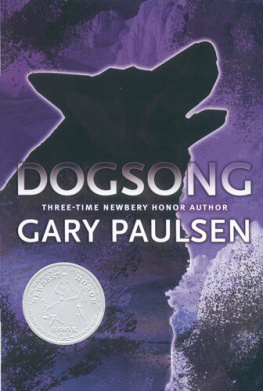
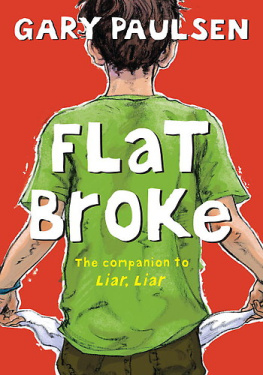
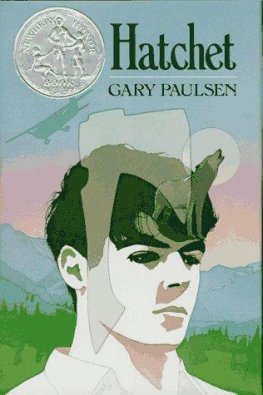
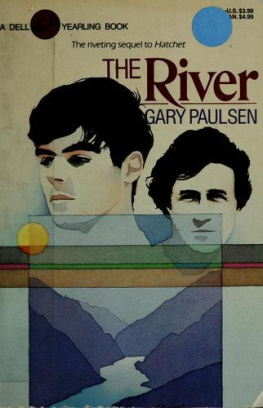
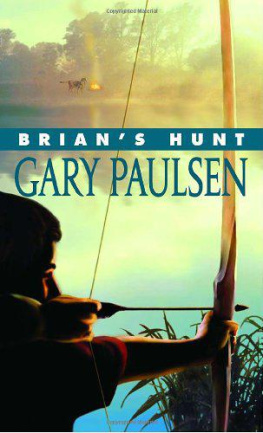
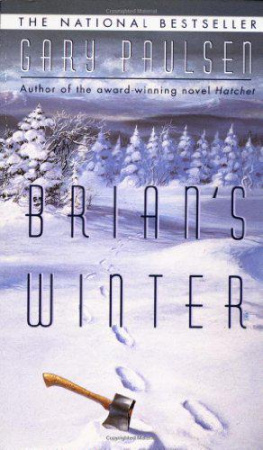
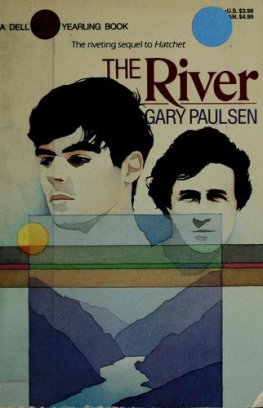



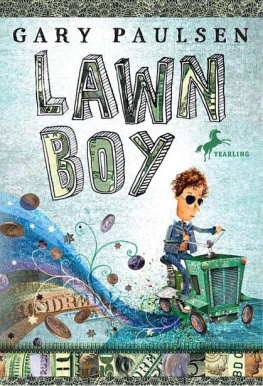
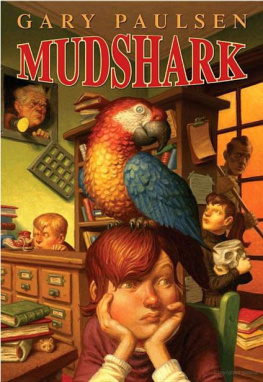
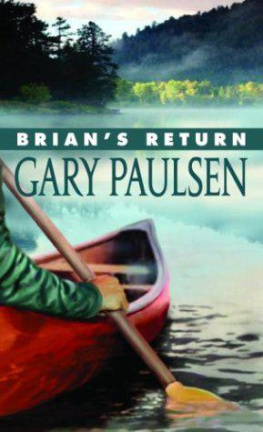

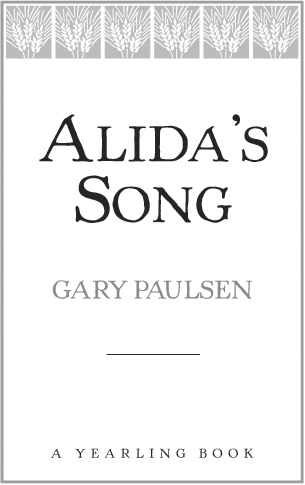
 Homecoming
Homecoming